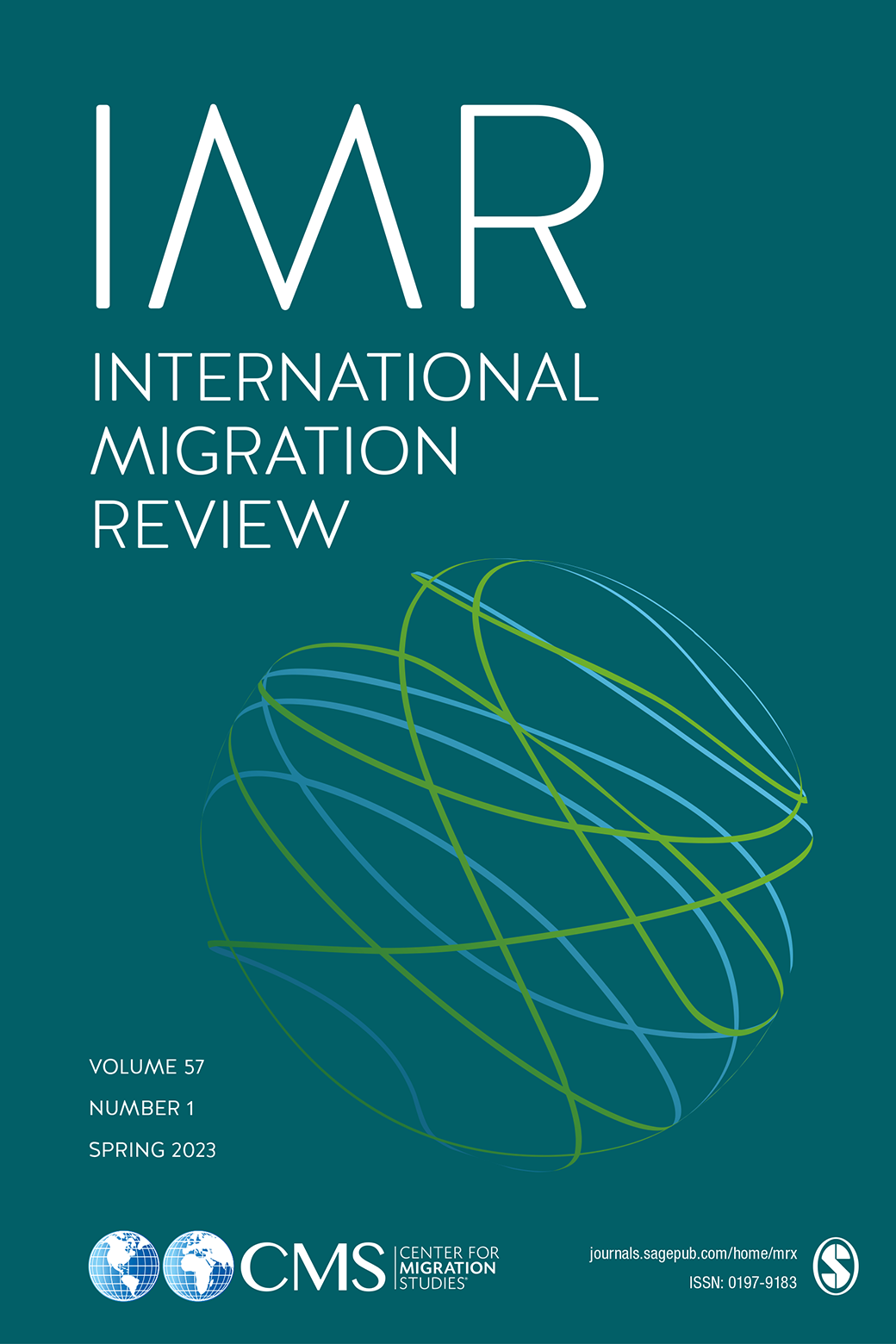
Lo más reciente
Following Venezuela's economic collapse, millions have fled the country. This article assesses the impact of the migration wave on the labor market outcomes of migrants and nonmigrants in Colombia, the major recipient of Venezuelan refugees and migrants. We address potential endogeneity problems in the estimation using a Bartik-type instrumental variable approach that exploits the regional variation of migrant networks and the timing and intensity of the Venezuelan economic crisis. While the migration flows increase unemployment in Colombia among migrants, they have no significant effect on nonmigrants’ unemployment. In fact, migration significantly reduces the labor participation of nonmigrants, offsetting its negative impact on employment. Employment losses among nonmigrants are mostly driven by self-employed workers and are consistently larger for female, young, and low-skill individuals. While returned migrants are overall unaffected, the negative impact of migration on migrants’ employment is mostly driven by international migrants. The massive arrival of migrants from Venezuela also affects internal migrants’ labor outcomes and changes the internal migration flows. These findings shed light on the labor market effects of migration flows between developing countries, a common phenomenon that has received relatively little attention in the specialized literature.


 Didier Hermida-Giraldoa,
Didier Hermida-Giraldoa, 